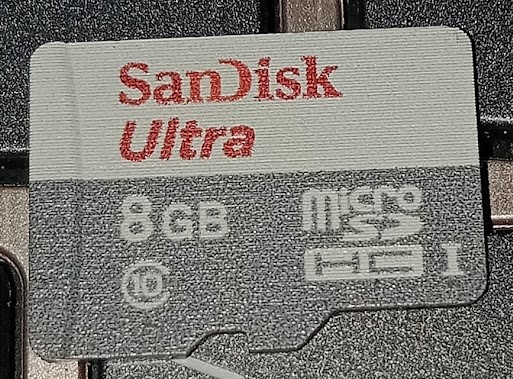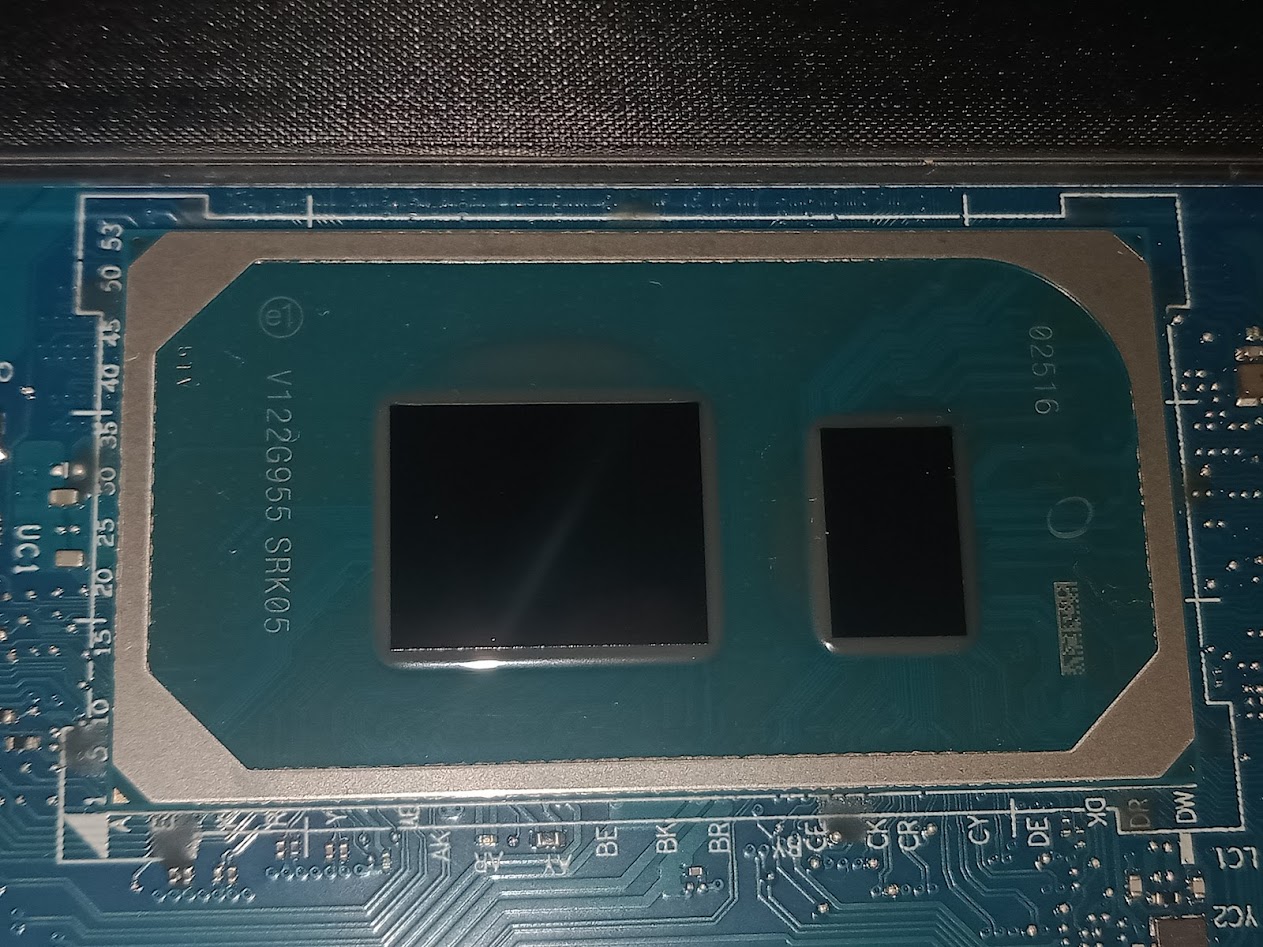Comparing: SanDisk Ultra MicroSDHC 8GB vs Intel Iris Xe Graphics (80EUs, Tiger Lake) [Disk]
In this comparison, we analyze two Disks: SanDisk Ultra MicroSDHC 8GB and Intel Iris Xe Graphics (80EUs, Tiger Lake) [Disk], using synthetic benchmark tests to evaluate their overall performance. This side-by-side comparison helps users understand which hardware delivers better value, speed, and efficiency based on standardized testing. Whether you're building a new system or upgrading an existing one, this benchmark-driven evaluation offers valuable insights to guide your decision.

SanDisk Ultra MicroSDHC 8GB
| Type: | Disks |
|---|---|
| Model: | Ultra MicroSDHC 8GB |
| Capacity: | 8GB |
| Interface: | UHS-I |

Intel Iris Xe Graphics (80EUs, Tiger Lake) [Disk]
| Type: | Disks |
|---|---|
| Model: | Intel Iris Xe Graphics (80EUs, Tiger Lake) [Disk] |
| Capacity: | 2GB |
| Interface: | DDR4 |
Specification Comparison Table
| Specification | SanDisk Ultra MicroSDHC 8GB | Intel Iris Xe Graphics (80EUs, Tiger Lake) [Disk] |
|---|---|---|
| Brand | SanDisk | - |
| Format | MicroSDHC | VRAM Disk |
| Capacity | 8GB | 2GB |
| Interface | UHS-I | DDR4 |
Submission Comparison Table
| Benchmark Software | SanDisk Ultra MicroSDHC 8GB | Intel Iris Xe Graphics (80EUs, Tiger Lake) [Disk] |
|---|---|---|
| ATTO Disk Benchmark - 64M |
Read: 44.83 MB/s Write: 5.64 MB/s |
Read: 2430.00 MB/s Write: 2450.00 MB/s |
| CrystalDiskMark |
Read: 46.70 MB/s Write: 11.73 MB/s |
Read: 2758.52 MB/s Write: 2109.43 MB/s |
About Hardware SanDisk Ultra MicroSDHC 8GB
The SanDisk Ultra MicroSDHC 8GB is an 8GB capacity memory card with Class 10 UHS-I speed, which provides sufficient performance for everyday use such as photo and video storage on mobile phones or digital cameras.
With a read speed of up to 80MB/s, it can handle HD video playback as well as light applications. However, the 8GB capacity may already feel limited for current use.
Sunday, 26 April 2015 21:35:59 | Update: 1 month ago
About Hardware Intel Iris Xe Graphics (80EUs, Tiger Lake) [Disk]
Iris Xe Graphics (80EUs, Tiger Lake) is Intel's 11th Generation Core (Tiger Lake) iGPU, featuring 80 Execution Units (EUs) and improved performance over the previous generation. It is typically used for light graphics processing, 4K video playback, and casual gaming.
In this scenario, a portion of the VRAM (Video RAM) on the Iris Xe Graphics iGPU is allocated as a VRAMDisk, which is temporary storage within the VRAM. VRAMDisk can be used for data caching or certain experiments that utilize the high speed of VRAM for faster data processing, in this context the data storage is only used to store data and for speed tests.
Friday, 06 August 2021 04:34:19 | Update: 1 month ago
